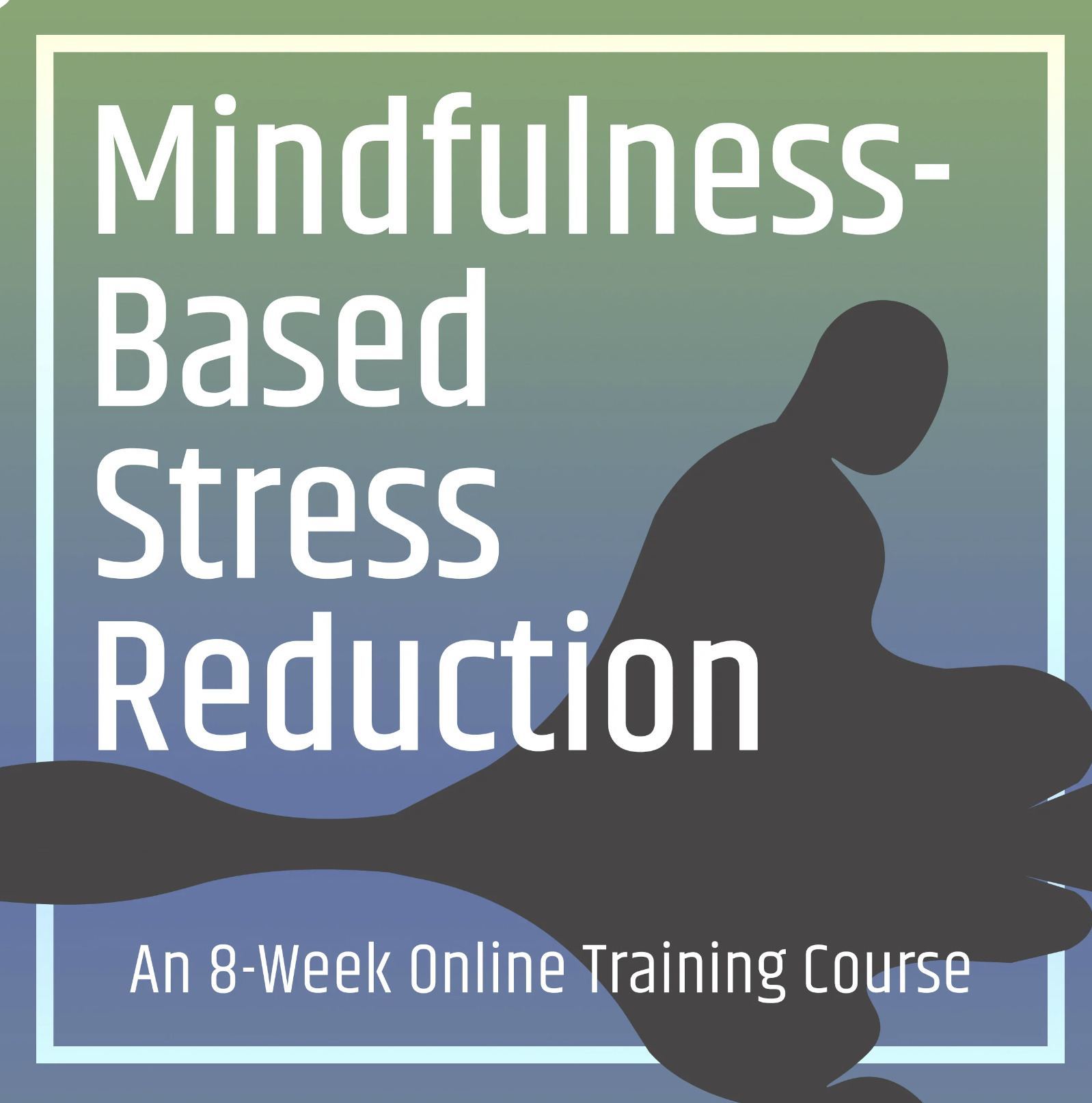MEDICAL XPRESS – Mindfulness-based stress reduction (MBSR) was found to be as effective as the antidepressant escitalopram in reducing agoraphobia, panic disorder, generalized anxiety disorder, and social anxiety disorder symptoms.
The muti-institution study, led by the National Institute of Mental Health in Bethesda, Maryland, suggests that mindfulness practices may offer a viable alternative to medication for treating anxiety disorders, with significantly fewer side effects.
Anxiety disorders affect millions of people and are frequently treated with medications like selective serotonin reuptake inhibitors (SSRIs).
While SSRIs can be an effective tool in countering the symptoms of anxiety disorders, they also come with side effects that can negatively impact a patient’s quality of life in other ways.
In the case of escitalopram (sold as Lexapro and Cipralex), these adverse effects include nausea, headaches, dry mouth, excessive sweating, insomnia and fatigue.
The research team previously demonstrated that eight weeks of mindfulness-based stress reduction (MBSR) was non-inferior to escitalopram in providing stress relief and emotional regulation without having additional drawbacks.
In a new research letter, “Mindfulness Meditation vs Escitalopram for Treatment of Anxiety Disorders: Secondary Analysis of a Randomized Clinical Trial,” published in JAMA Network Open, the team presents the secondary outcomes of patient-reported anxiety, depression, and quality of life from the previous study.
The study involved 276 adults diagnosed with various anxiety disorders (including agoraphobia, panic disorder, generalized anxiety disorder, and social anxiety disorder).
Participants were randomly assigned to either the MBSR program or escitalopram treatment …



